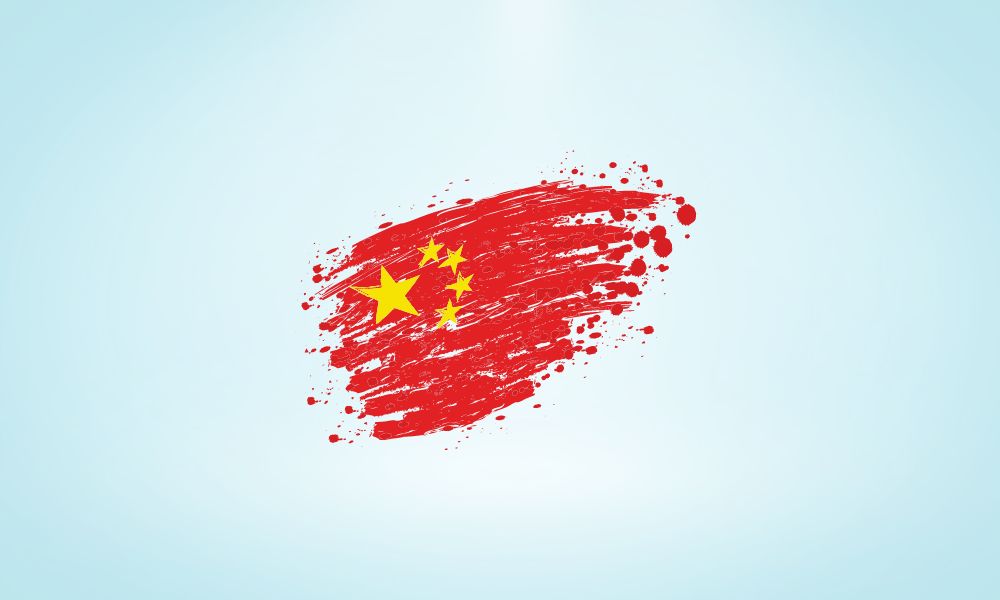This week, Chinese leader Xi Jinping is in Saudi Arabia for two regional summits. He is trying to jump-start the economy, which has been slowed down by strict anti-COVID-19 measures.
The Foreign Ministry said on Wednesday that Xi will go to Riyadh, the capital of Saudi Arabia, to take part in the first China-Arab States Summit and meet with the leaders of the six countries that make up the Gulf Cooperation Council. On Saturday, his official trip to Saudi Arabia will end.
When Xi goes to the China-Arab States Summit, it will be the "largest and highest-level diplomatic event between China and the Arab world since the founding of the People's Republic of China," said Mao Ning, a spokesperson for the Foreign Ministry, at a daily press briefing on Wednesday. This will be a turning point in the history of China-Arab relations.
Mao said that China hopes the summit will set a plan for future relations between the two countries and "help build more strategic common understandings on major regional and international issues... and defend multilateralism."
The last one seemed to be a reference to China's efforts to challenge the U.S.-led international order, which has led Beijing to work with Russia, Iran, and other countries that don't like the U.S.
China is the world's second-largest economy and a major source of investments in other countries. Xi's "Belt and Road Initiative" and the more recent "Global Development Initiative" show how important these roles are. The goal of these programs is to have Chinese companies build and pay for roads, power plants, ports, and other infrastructure all over Asia and the rest of the developing world. This will greatly increase Beijing's power in the developing world.
So far, they haven't been very successful. Many of the projects are said to be impractical, overpriced, and out of reach for the mostly poor countries that are taking them on.
China imports half of the oil it needs to meet its huge demand. Half of these goods come from Saudi Arabia, which is worth tens of billions of dollars each year.
China's economic growth had been going down for years, and the rolling lockdowns that were put in place all over the country because of the COVID-19 pandemic were a big blow.
In the three months ending in September, China's economy grew by 3.9% compared to the same time last year. This was up from the 2.2% growth in the first half of the year, but it was still a long way from the government's goal.
On Wednesday, China announced a set of changes that will roll back some of its strictest COVID-19 measures. These changes include putting a limit on strict lockdowns and telling schools with no known COVID-19 cases to go back to regular classes.
China's ruling Communist Party has many of the same authoritarian tendencies as Saudi Arabia and other Gulf states. This makes it hard to criticize Beijing for its harsh policies toward Uyghurs and other Muslim minorities. More than a million people have been sent to detention centers, where they say they were forced to denounce Islam and swear loyalty to Xi and the party.
Beijing says that the accusations are false and that they have been helping Muslims get jobs and get rid of extremist, separatist, and terroristic ideas.
Since they don't disagree much about human rights, the tone of Xi's visit is "likely to be much more positive" than when U.S. Vice President Joe Biden went to the kingdom earlier this year, said a report from the political risk consultancy Eurasia Group.
The report said, "However, the relationship still has a long way to go before it is as deep and nuanced as Saudi-US ties."
Even though Biden had said before that Saudi Arabian leader Crown Prince Mohammed bin Salman would be held responsible for the death of a U.S.-based journalist, the prince's high position should protect him from a lawsuit over his role, Biden's administration said last month. On Tuesday, a federal judge in the United States threw out the lawsuit.
For a long time, the U.S. military has protected Saudi Arabia from outside enemies. In exchange, Saudi Arabia has kept the world's oil markets going.
Xi's trip to Saudi Arabia is another step he's taking to get back on the world stage after spending most of the pandemic in China. This is only Xi's third trip outside of China since the beginning of 2020.
It also comes at a time when people are wondering if the Chinese people still back Xi, who has been cracking down on free speech and getting rid of political rivals. In October, Xi was given a third five-year term as leader. However, last month's street protests against "zero-COVID" policies were the biggest public challenge to his rule and may have led to some measures being loosened.
Chinese companies like construction firms and the telecoms giant Huawei have become important parts of Saudi Arabia's plan to improve its infrastructure. During Xi's trip, more deals are likely to be made, including in the defense sector, where Saudi Arabia has shown signs that it wants to move away from its traditional reliance on the U.S.
In its report, Eurasia Group said that Xi's trip to Saudi Arabia would make him the center of attention and that regional leaders would be open to hearing the Chinese point of view. "Beijing won't miss the fact that these talks are happening at a time when Mideast capitals and Washington are having trouble getting along."






No comments:
Post a Comment